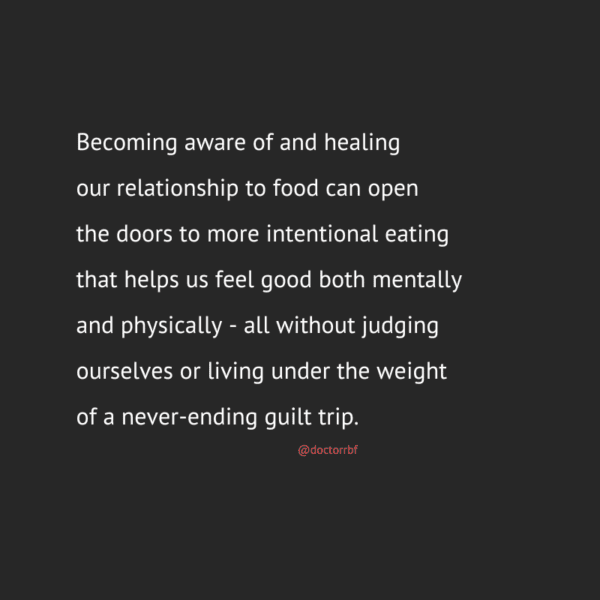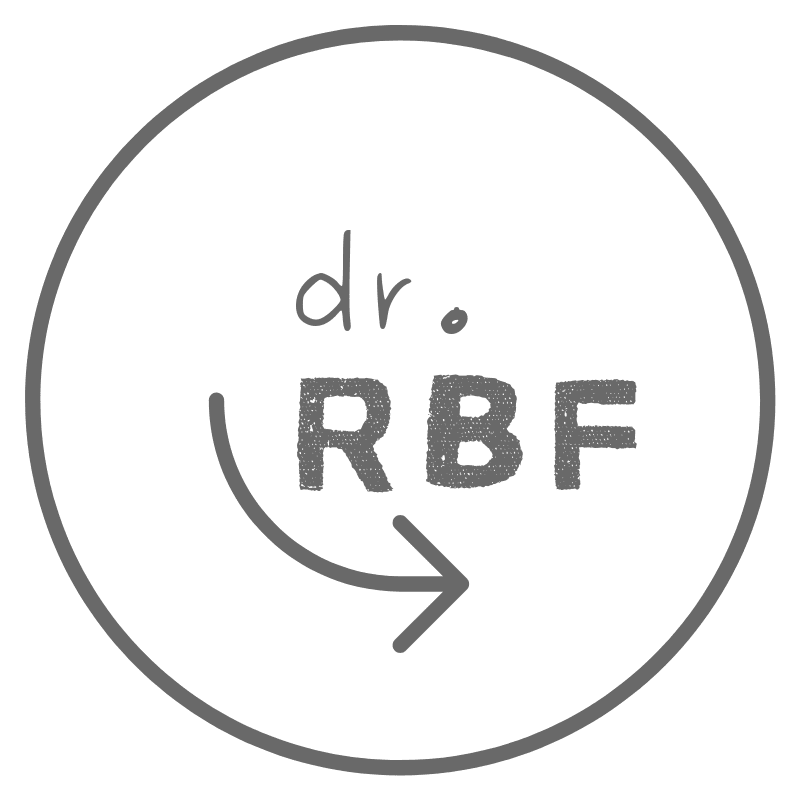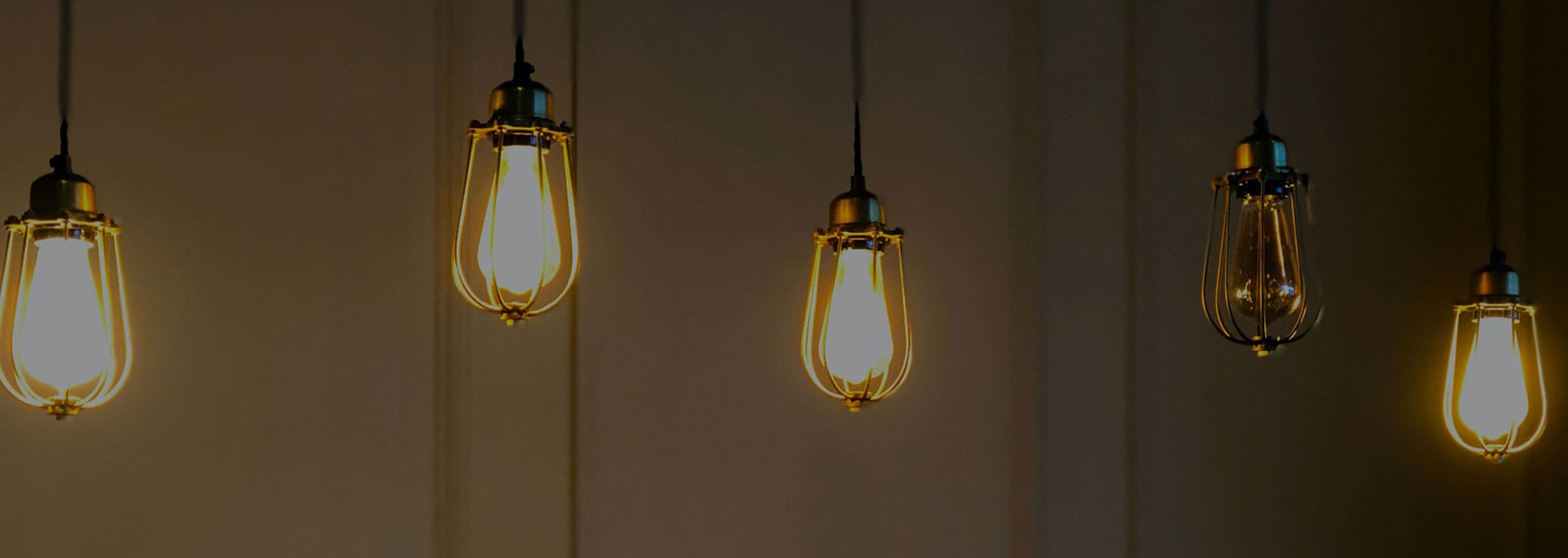
22 Aug What Judgements Are You Baking Into Your Food?
“What do you eat to feel healthy?”
Take a minute and think about your response to that question. If I were to ask you that in my office, what would you say?
I do, in fact, ask this question of everyone who sits down in front of me, whether they’ve come to me for therapy or executive coaching. Sometimes people give me a quizzical stare, no doubt wondering what their eating habits have to do with our work together.
“Trust me,” I say. “It matters a lot.”
Clients are often surprised at my focus on food and nutrition. After all, people are coming to me to talk about feelings and relationships, not about food. Or so they think. I’m always clear and upfront; I’m not a dietician or a nutritionist, but I talk about food with clients because our feelings, beliefs, customs, and trauma impact our relationship to food. Our culture, families, income, and lifestyle also influence our food choices.
With all that we think we know about food, the reality is that food affects us even more than most people recognize.
When I inquire about what people eat to feel healthy, most people respond with what they don’t eat and/or by judging themselves. Either they say, “I should eat better,” or “I eat pretty well.” (Judgments, both.) Then they talk about what they think they shouldn’t be eating: “Oh, I’m gluten-free, vegan, or I don’t eat anything that casts a shadow.”
Let’s slow this down for a moment.
I ask someone what they eat, and they respond by telling me what they don’t eat, AND what they feel they’re doing “wrong” or “right.”
Imagine if I asked someone what car they drove, and they responded with, “I know I should be driving something sensible like a Toyota, but I drive an Audi even though it’s really expensive to fix.” Or, “I know my car is polluting and bad for the environment, but I drive a truck.” Both answers would seem odd, almost TMI, wouldn’t they? And yet, we’re so used to having judgements baked into our discussions around food that we hardly even notice how strange the above food answers really are.
I rarely, if ever, hear things like:
“I eat meat, plus fish, but also balance it out with a lot of fresh vegetables.”
“I love the broccoli I get in the summer at my farmer’s market.”
“Sometimes I snack on chocolate after dinner.”
“I love getting french fries at Wendy’s after the gym on Tuesday nights.”
It’s more like this:
“I should eat more healthy foods, but I eat a lot of crap. That’s why I struggle getting into my favorite pairs of pants.”
“I stopped eating McDonald’s, mostly, but sometimes I get a Subway lunch even though I know it’s bad for me.”
“I should cook more at home, and stop getting donuts on my way home from work.”
The second conversation, the typical one, is laced with self-judgment and puritanical ideals of being pure and good all the time. We generally make lists of what we don’t eat (fast food, sugary cereals, or desserts) hoping that the negative space – the way we deny ourselves what we really want – will fill up or fix the mental space of suffering that we feel. It’s as if the unspoken deal with the universe is: Deny yourself what you really want, and you’ll end your suffering.
There is some dogmatic, ideological belief that our salvation lies in deprivation. I don’t buy it, and I’m not selling this as a solution. After all, aside from breathing and urinating, eating may be the thing we do most often in a day.

Becoming aware of and healing our relationship to food can open the doors to more intentional eating that helps us feel good both mentally and physically – all without judging ourselves or living under the weight of a never-ending guilt trip.
The next time you notice yourself (pay attention!) scooping up a side of judgement onto your plate, take a pause, and see if you can reframe it into something more neutral. And if the food you’re eating isn’t something that makes you feel healthy, acknowledge it as a choice you’re making and all a part of living a life in balance. You’re human, after all.




